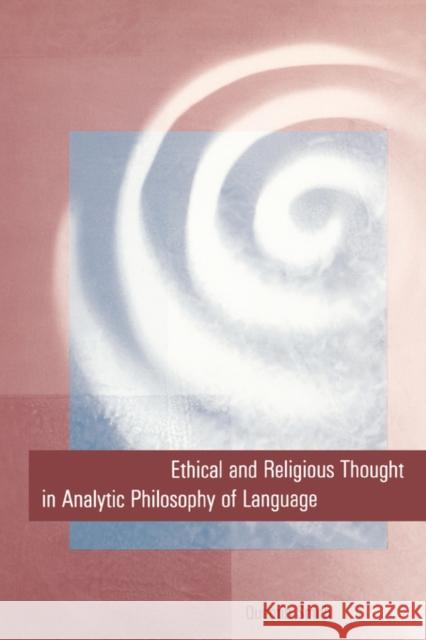Ethical and Religious Thought in Analytic Philosophy of Language » książka
Ethical and Religious Thought in Analytic Philosophy of Language
ISBN-13: 9780300062120 / Angielski / Twarda / 1998 / 272 str.
This book is the first to provide a critical history of analytic philosophy from its inception in the late nineteenth century to the present day. Quentin Smith focuses on the connections between the four leading movements in analytic philosophy-logical realism, logical positivism, ordinary language analysis, and linguistic essentialism-and corresponding twentieth-century theories of ethics and of religion. Through a critical evaluation of each school's theoretical positions, Smith counters the widespread view of analytic philosophy as indifferent to important questions about right and wrong and human meaning. He argues that analytic philosophy throughout its history has revolved around the central issues of existence, and he offers a new ethics and philosophy of religion. The author develops a positive ethical theory based on a method of ethics first formulated by Robert Adams. Smith's theory belongs to the tradition of perfectionism or self-realization ethics and builds on Thomas Hurka's recent theory of perfectionism. In his consideration of philosophy of religion, Smith concludes that there is a sound "logical argument from evil" that takes into account Alvin Plantinga's free-will defense and undermines monotheism, paving the way to a naturalistic pantheism.











